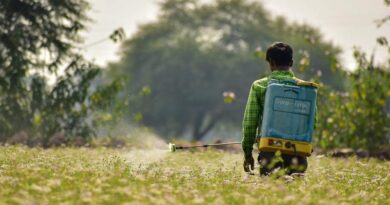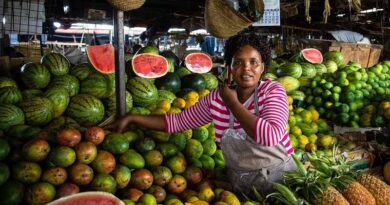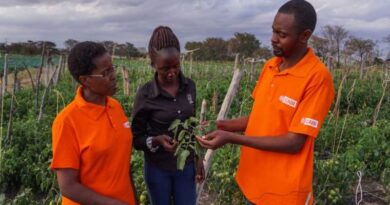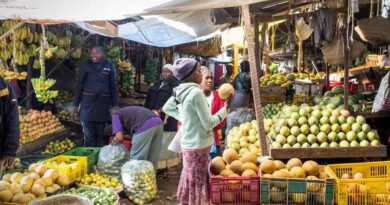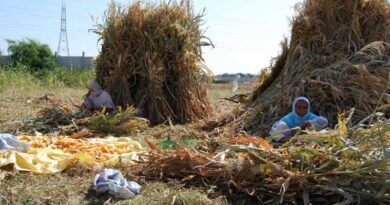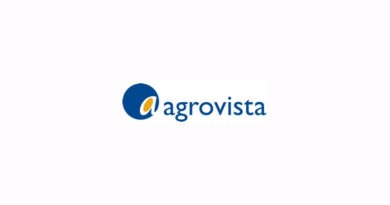Experts convene to identify plant protection products of concern for Kenyan trade in agricultural goods
27 February 2023, Kenya: A technical working group has convened to explore plant protection products (PPPs) which could tackle a range of crop pests and diseases and ensure greater productivity and livelihoods for millions of smallholder farmers in Kenya.
CABI scientists joined forces with technical experts from the Kenya Health Inspectorate Service (KEPHIS), the Pest Control Products Board (PCPB), the Committee Linking Entrepreneurship-Agriculture-Development (COLEAD), CropLife International, the Agrochemical Association of Kenya (AAK) and the Fresh Produce Exporters Association of Kenya (FPEAK).
The experts are working together to identify plant protection products of concern from TRACE and RASFF notifications and the EU’s list of PPPs earmarked for non-approval.
This follows a roundtable discussion in November on the identification of alternatives to high-risk pesticides which are more harmful to use and to the environment.
During the Roundtable, cases where pesticide risks are being flagged in locally consumed and traded commodities, especially to EU market, were shared as well as ongoing activities by the different stakeholders in the area of PPPs.
Some key action points from the meeting included the need for risk assessment, product evaluations and the development of a national framework for plant protection products (PPPs) as a way to reduce pesticide risks.
One action point proposed that the government and other relevant organizations, work together to identify PPPs of concern based on available data on the priority crop-pesticide combinations, the pesticides in use, and possible management options.
Dr MaryLucy Oronje, Scientist specialising in Sanitary and Phytosanitary (SPS) issues, said the main objectives of the current workshop was to identify PPPs associated with the recent (2020-2022) RASFF notifications to Kenya on produce exported to EU and UK markets.
The workshop also sought to identify PPPs registered in Kenya and for which a range of conditions applied. These include where maximum residue levels (MRLs) were reduced in the EU and UK and could prevent the use of crops for export.
Finally, the workshop aimed to identify PPPs documented by KEPHIS during their local routine pesticide use monitoring activities.
Dr Oronje said, “Based on the findings highlighted at the workshop, the Technical Working Group on Plant Protection Products for Trade made recommendations on the suitability/existence of good agricultural practices for Kenya’s agroclimatic conditions, for the target crop market and the need for further residue trials.
“Also, it was agreed to consider the existence of registered alternatives – including but not limited to criteria such as efficacy, resistance management and environmental/health risks – and the need for further research and registration of such suitable alternatives and good agricultural activities (GAP).”
Last year CABI published a working paper entitled ‘Use of the CABI BioProtection Portal increases awareness of safer plant protection products among farmers and agricultural advisers in Kenya.’
This working paper reports on a study that was conducted to assess two sets of information – awareness and use of biopesticide/biocontrol products, and awareness and use of CABI’s web-based BioProtection Portal among a range of respondents in Kenya. This included fresh produce farmers, agro-dealers, and farmers’ advisers.
Also Read: Union Budget 2023: An Overview of the Focus on Agriculture
(For Latest Agriculture News & Updates, follow Krishak Jagat on Google News)


